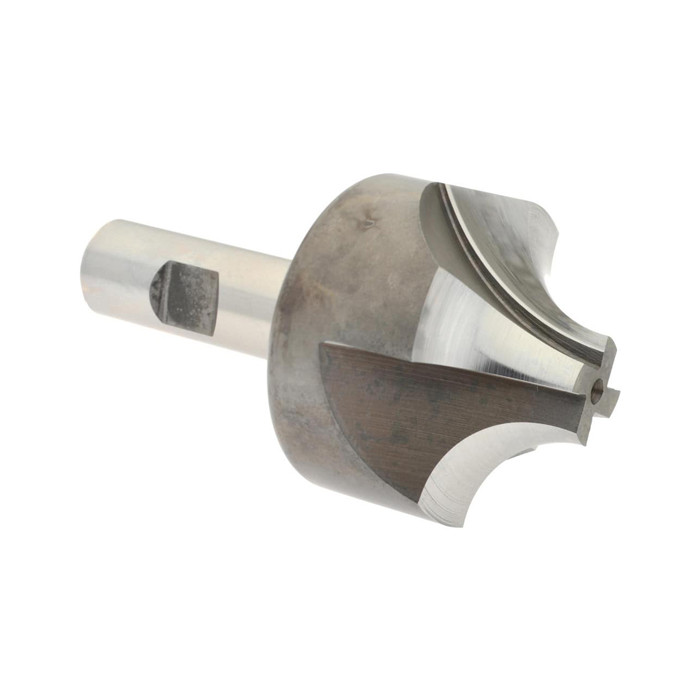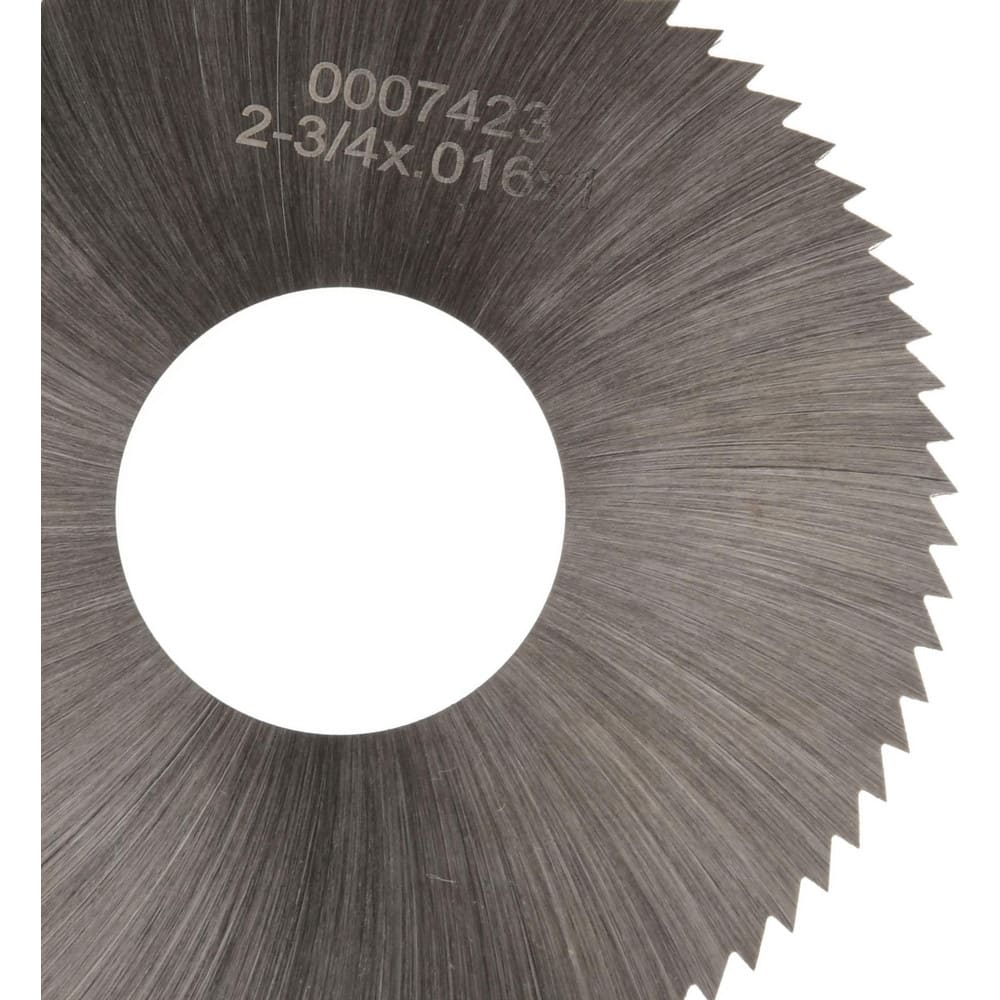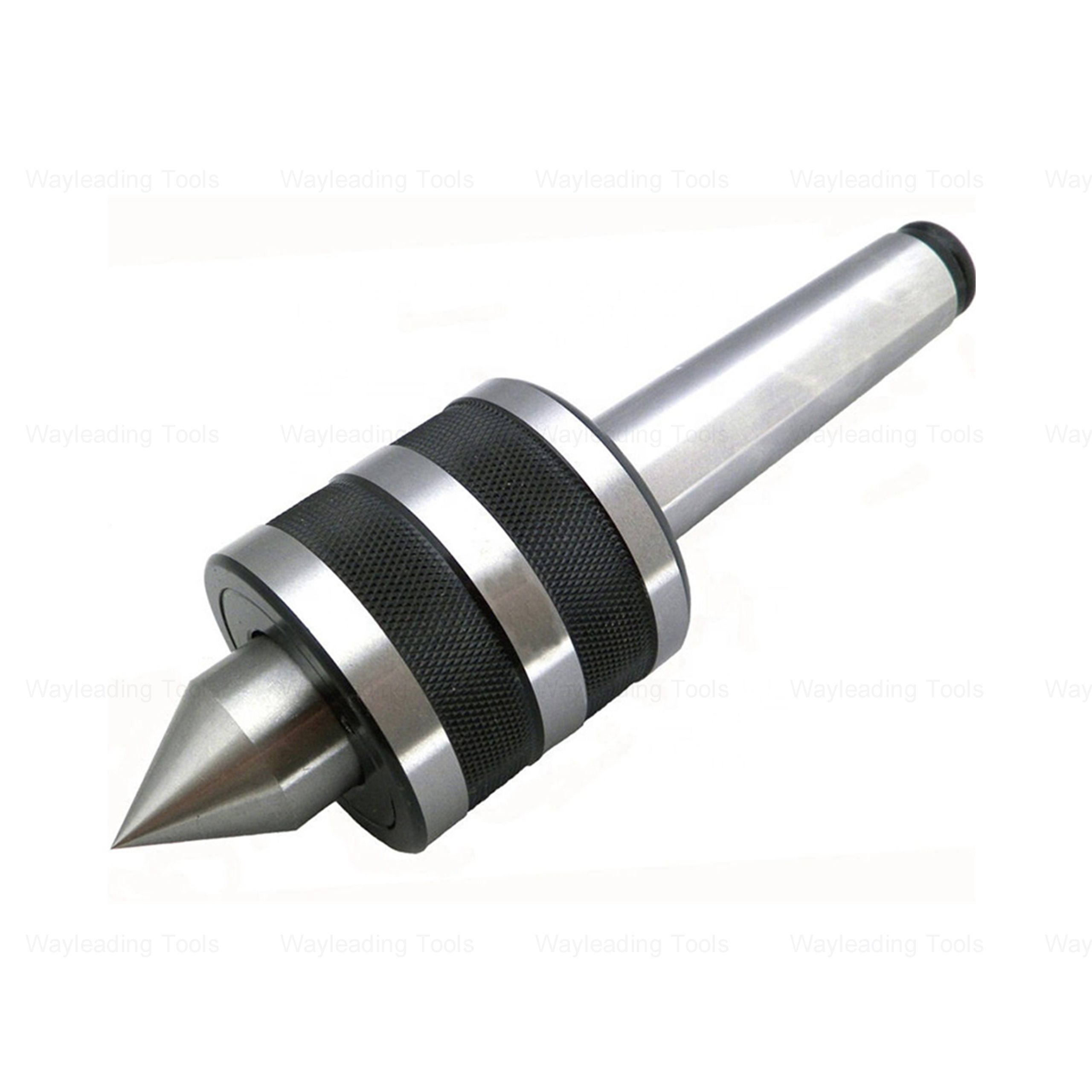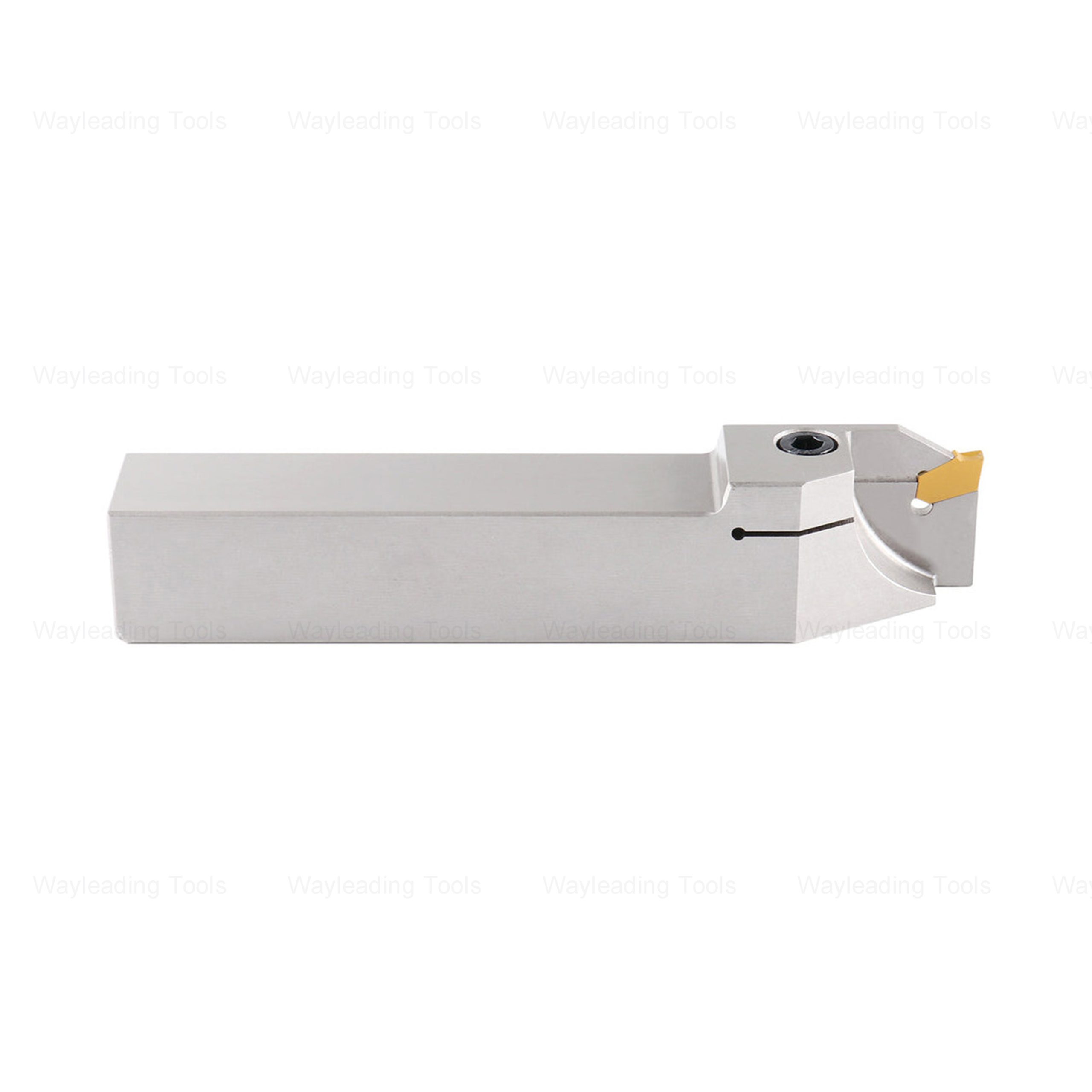Dead Center Manufacturers
Dead Center Manufacturers are critical for precision machining, offering accurate workpiece support and rotation. These manufacturers specialize in creating a range of dead centers to suit various machining applications. Factors such as accuracy, durability, and material quality significantly influence their suitability for different machining tasks.
Understanding Dead Centers
A dead center, also known as a plain center, is a stationary center used on lathes, grinders, and other machine tools to accurately support a workpiece during machining operations. Unlike live centers, which rotate with the workpiece, a dead center remains fixed, providing a stable pivot point.
Types of Dead Centers
Dead Center Manufacturers produce several types of dead centers, each designed for specific applications:
- Standard Dead Centers: These are the most common type, suitable for general machining tasks.
- Carbide-Tipped Dead Centers: Featuring a carbide tip, these centers offer increased wear resistance and are ideal for high-speed machining and hard materials.
- Half Dead Centers: Designed with a relieved area to allow for turning close to the center.
- Bull Nose Dead Centers: Used for supporting large diameter workpieces, providing a broad contact surface.
Key Considerations When Choosing a Dead Center Manufacturers
Selecting the right Dead Center Manufacturers involves several critical factors. These considerations ensure that the chosen centers meet the required specifications and performance standards for the intended machining tasks.
Accuracy
Accuracy is paramount. Look for manufacturers that provide centers with high concentricity and minimal runout. This ensures precise workpiece support and reduces the risk of errors during machining.
Material Quality
The material used in the dead center significantly impacts its durability and performance. High-quality steel alloys and carbide tips are preferred for their wear resistance and ability to withstand high loads.
Durability
Durability is essential, especially for high-volume production environments. Dead Center Manufacturers offering hardened and ground centers tend to provide longer service life.
Application Suitability
Consider the specific machining application. Different materials and machining processes may require specialized dead centers. For instance, carbide-tipped centers are better suited for hard materials and high-speed machining.
Top Dead Center Manufacturers
Several manufacturers are renowned for producing high-quality dead centers. Here are a few leading companies in the industry, including information about Wayleading Tools:
- Wayleading Tools: Specializes in precision machining tools, offering a comprehensive range of dead centers designed for various industrial applications. Their products are known for their high accuracy, durability, and innovative designs. Visit www.wayleading.com for more information. Wayleading Tools are committed to providing the highest quality precision tools for demanding applications.
- Riten Industries: A well-known manufacturer of workholding solutions, including a variety of dead centers for different machine tools.
- Royal Products: Offers a range of precision centers, including dead centers, with a focus on high performance and reliability.
- Hardinge: Provides a comprehensive selection of dead centers designed for accuracy and durability in demanding machining environments.
Applications of Dead Centers
Dead centers are used in a variety of machining operations. They are particularly useful for:
- Lathe Work: Supporting workpieces during turning, facing, and threading operations.
- Grinding: Providing accurate support for cylindrical grinding and surface grinding.
- Milling: Supporting workpieces during milling operations that require precise positioning.
Maintaining Your Dead Centers
Proper maintenance is crucial for prolonging the life and performance of dead centers. Here are some maintenance tips:
- Regular Cleaning: Clean the dead center regularly to remove chips, coolant, and other debris.
- Lubrication: Apply a thin layer of lubricant to reduce friction and wear.
- Inspection: Inspect the center for signs of wear, damage, or runout. Replace the center if necessary.
Benefits of Using High-Quality Dead Centers
Investing in high-quality dead centers from reputable Dead Center Manufacturers offers numerous benefits:
- Improved Accuracy: High-quality centers provide more accurate workpiece support, resulting in better machining tolerances.
- Reduced Vibration: Stable workpiece support reduces vibration, leading to smoother machining and improved surface finish.
- Increased Tool Life: By minimizing vibration and ensuring stable support, high-quality centers can extend the life of cutting tools.
- Enhanced Productivity: Accurate and reliable centers contribute to increased productivity by reducing setup times and minimizing errors.
Comparing Dead Centers and Live Centers
While both dead centers and live centers are used to support workpieces, they have distinct differences:
| Feature | Dead Center | Live Center |
|---|---|---|
| Rotation | Stationary | Rotates with the workpiece |
| Friction | Higher friction | Lower friction due to bearings |
| Speed | Suitable for lower speeds | Suitable for higher speeds |
| Applications | General machining, grinding | High-speed machining, CNC lathes |
Conclusion
Choosing the right Dead Center Manufacturers is a critical decision that impacts machining accuracy, efficiency, and overall productivity. By considering factors such as accuracy, material quality, durability, and application suitability, machinists can select the best dead centers for their specific needs. Whether you're in the market for standard dead centers or specialized carbide-tipped versions, understanding the key considerations and available options will help you make an informed choice. Explore reputable manufacturers like Wayleading Tools to find the perfect solution for your machining requirements.
Disclaimer: The information provided in this article is for general informational purposes only. Always consult with a qualified professional for specific advice related to your particular machining needs. Data cited from official product websites and industry publications.
Related products
Related products
Best selling products
Best selling products-
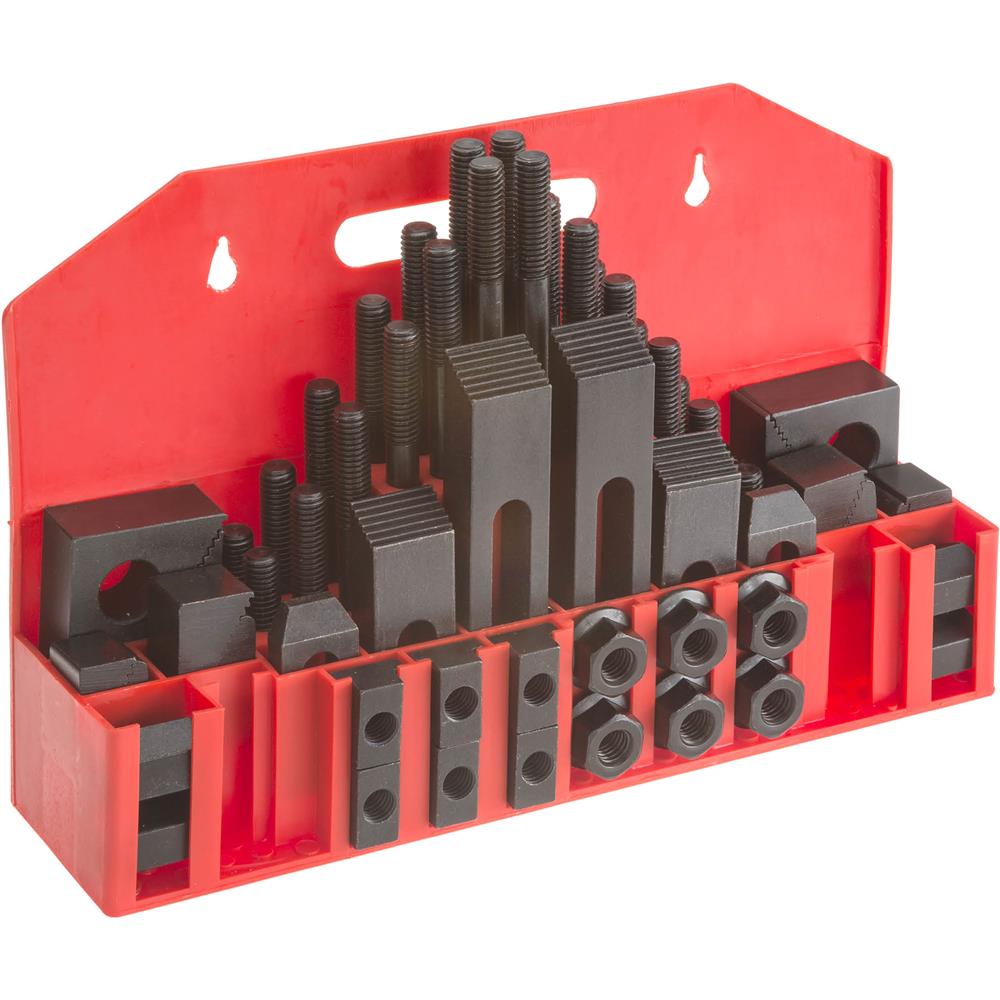 58pcs Clamping Kit With Metric & Inch Size
58pcs Clamping Kit With Metric & Inch Size -
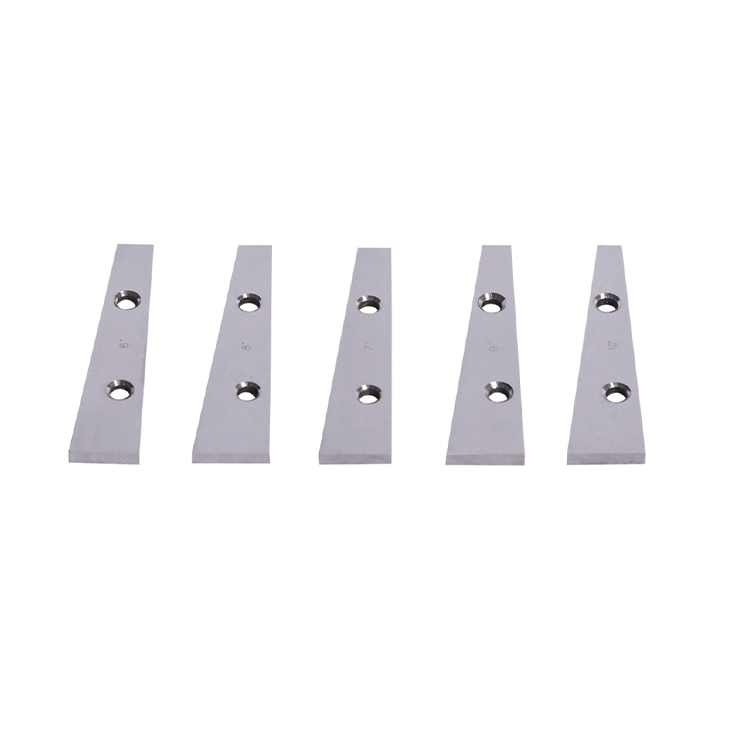 Precision 5pcs & 6pcs Angle Blocks Set With High Quality Type
Precision 5pcs & 6pcs Angle Blocks Set With High Quality Type -
 HSS Shell End Mill Cutter With Bright & TiN Or TiAlN Coated
HSS Shell End Mill Cutter With Bright & TiN Or TiAlN Coated -
 Vernier Height Gauge With Magnifier With Adjustable Main Bean
Vernier Height Gauge With Magnifier With Adjustable Main Bean -
 Outside Micrometer Set Of Inch & Metric For Industrial
Outside Micrometer Set Of Inch & Metric For Industrial -
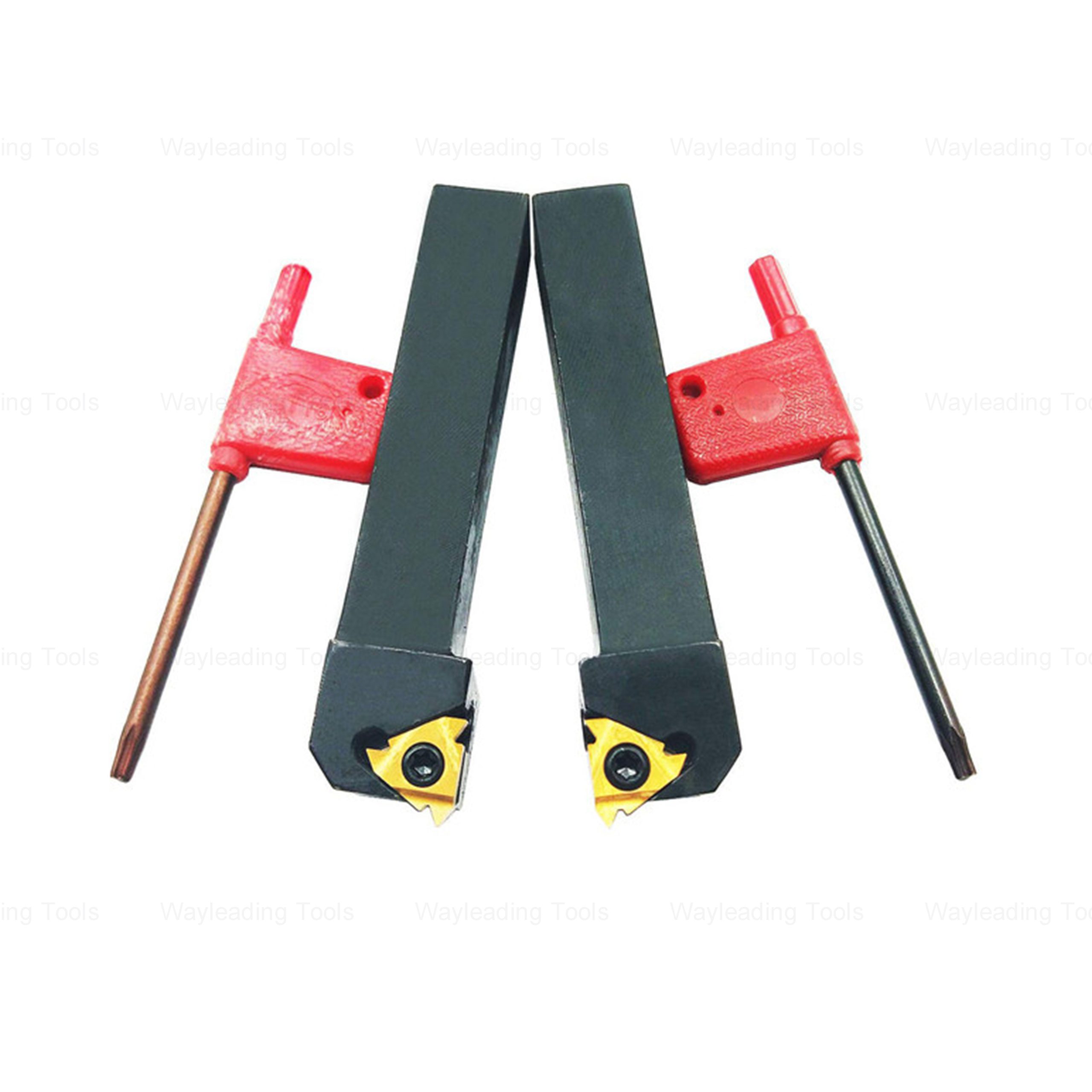 Indexable External Threading Tool Holder – SER / SEL, Metric & Inch
Indexable External Threading Tool Holder – SER / SEL, Metric & Inch -
 Precision Expanding Mandrel From 9/16″ to 3-3/4″
Precision Expanding Mandrel From 9/16″ to 3-3/4″ -
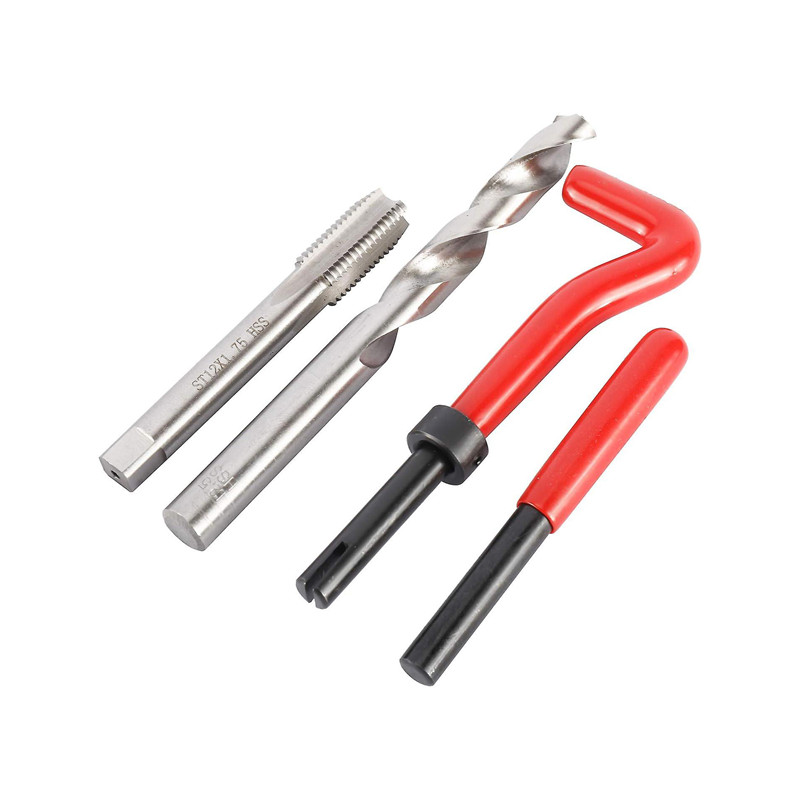 131PCS Thread Repair Set And Helicoil Type Thread Repair Set
131PCS Thread Repair Set And Helicoil Type Thread Repair Set -
 Precision Vernier Caliper With Nib Style & Standard Style Jaws Of Metric & Imperial For Industrial
Precision Vernier Caliper With Nib Style & Standard Style Jaws Of Metric & Imperial For Industrial -
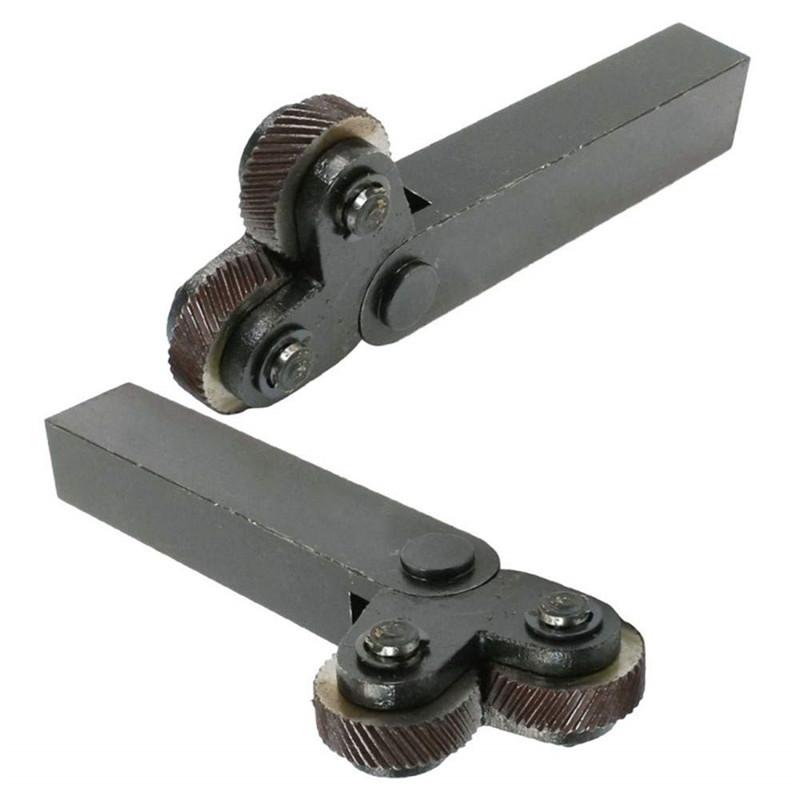 Dual Wheel Knurling Tools With Diamond Pattern For Industrial Type
Dual Wheel Knurling Tools With Diamond Pattern For Industrial Type -
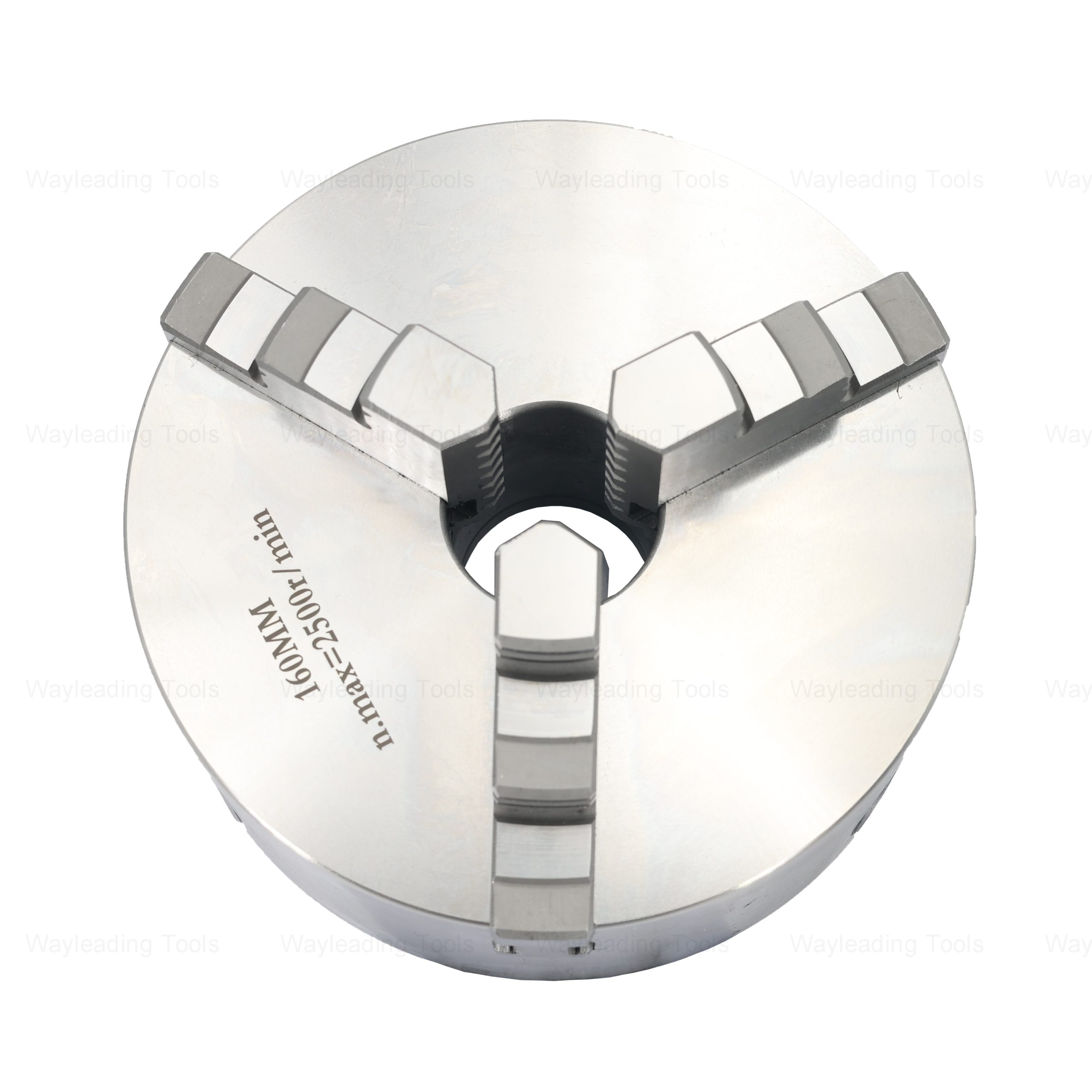 K11 Series 3-Jaw Self-Centering Lathe Chuck – Scroll Type, for Manual Lathes
K11 Series 3-Jaw Self-Centering Lathe Chuck – Scroll Type, for Manual Lathes -
 Metric HSS 13mm Reduce Shank Drill Bit For Metal Cutting Of High Precision
Metric HSS 13mm Reduce Shank Drill Bit For Metal Cutting Of High Precision


